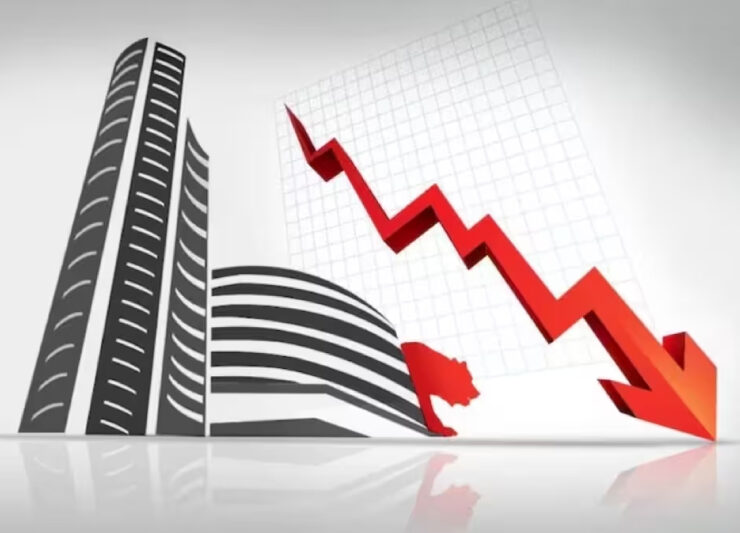FPIs Buying and DIIs Selling Indian Stocks: What’s Going On?

👋 Hey there, folks!
If you’ve been keeping an eye on the Indian stock market, you might have noticed something interesting happening lately. Foreign Portfolio Investors (FPIs) are busy buying up Indian stocks, while Domestic Institutional Investors (DIIs) are doing the opposite—they’re selling. This contrasting behaviour has left many scratching their heads, wondering why this trend is happening and whether it will continue. So, let’s dive into this topic and try to understand what’s going on in the Indian stock market!
🔍 The Current Scenario
FPIs have been flocking to Indian equities, while DIIs have been reducing their holdings. This has resulted in more foreign money flowing into the Indian stock market. Now, why is this important? Well, it can have a big impact on market sentiment, liquidity, and overall stock performance.
💼 Reasons Behind FPI Buying
🌍 Global Economic Recovery
As the global economy slowly recovers from the COVID-19 pandemic, investors are on the lookout for growth opportunities. That’s where emerging markets like India come into play. India has strong fundamentals, a young population, and a government that’s focused on reforms. All these factors make it an attractive destination for foreign investors.
💰 Higher Returns
Compared to developed economies, India has the potential to offer better returns on investments. FPIs are particularly interested in sectors like information technology, pharmaceuticals, consumer goods, and financial services. Additionally, the Indian government’s emphasis on infrastructure development and digitization has fueled investor optimism.
💱 Stable Currency and Interest Rates
India enjoys relatively stable currency and interest rates. This makes it an attractive place for foreign investors. Stable exchange rates reduce currency risks, while lower interest rates create a favourable environment for investment and borrowing.
📉 Factors Impacting DII Selling
🔄 Redemption Pressure
DIIs, which include mutual funds, insurance companies, and banks, sometimes face redemption pressure. What does that mean? Well, it’s when investors want their money back. To meet these redemption requests, DIIs often sell their stocks to raise cash. This selling can temporarily reduce their stock holdings.
💼 High Valuations
Indian stock valuations have reached historically high levels recently. Some DIIs might think that stocks are getting a bit too expensive and decide to sell. They’re taking a cautious approach and reducing their exposure to equities. This selling pressure from DIIs doesn’t necessarily mean something is wrong with the market—it can actually create buying opportunities for long-term investors.
✅ Conclusion
To wrap it up, FPIs are on a buying spree in the Indian stock market, while DIIs are selling. FPIs are attracted by India’s growth prospects, stable economic conditions, and the potential for higher returns. On the other hand, DIIs might be facing redemption pressure or simply being cautious due to high valuations. Remember, these trends can change based on various factors like global events and market sentiment.
Understanding the dynamics between FPIs and DIIs gives you insights into market trends, but it’s important to take a holistic view and align your investments with your own financial objectives.
Also Read: Understanding ESG Investing & Its Emergence in India








